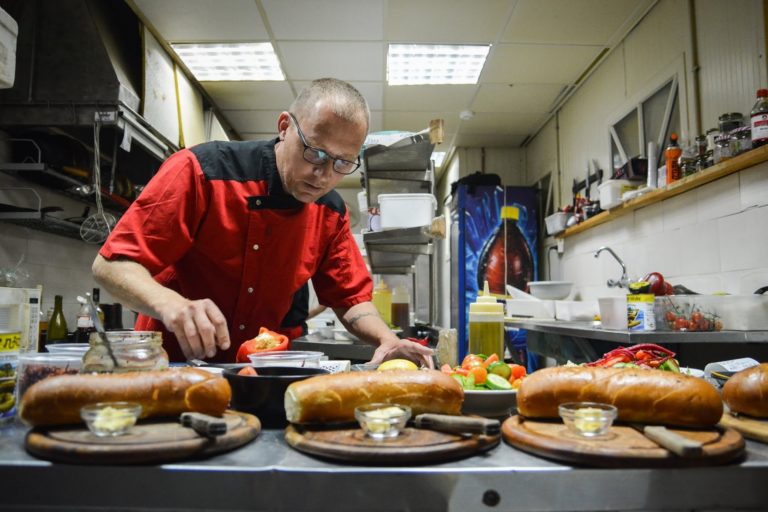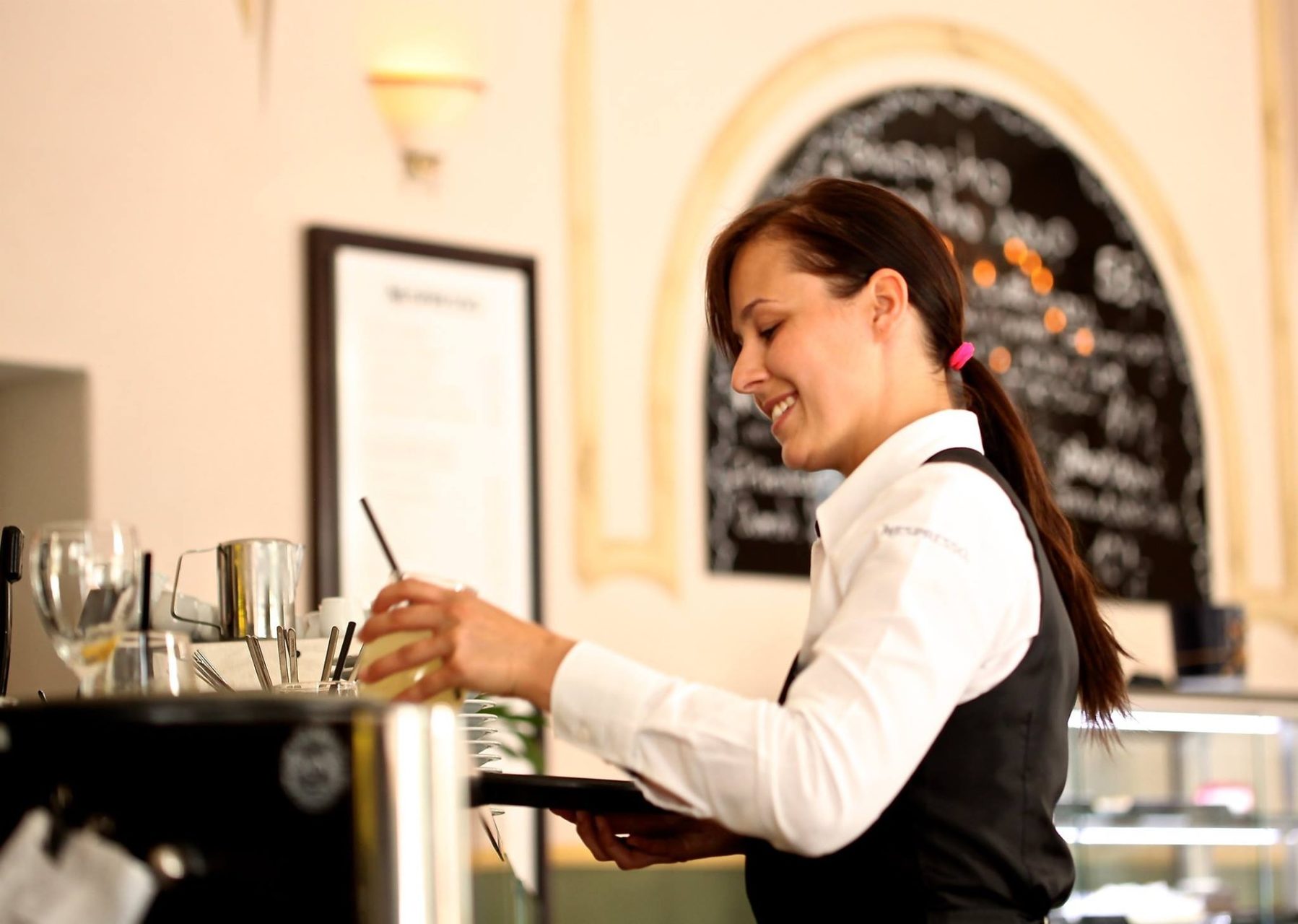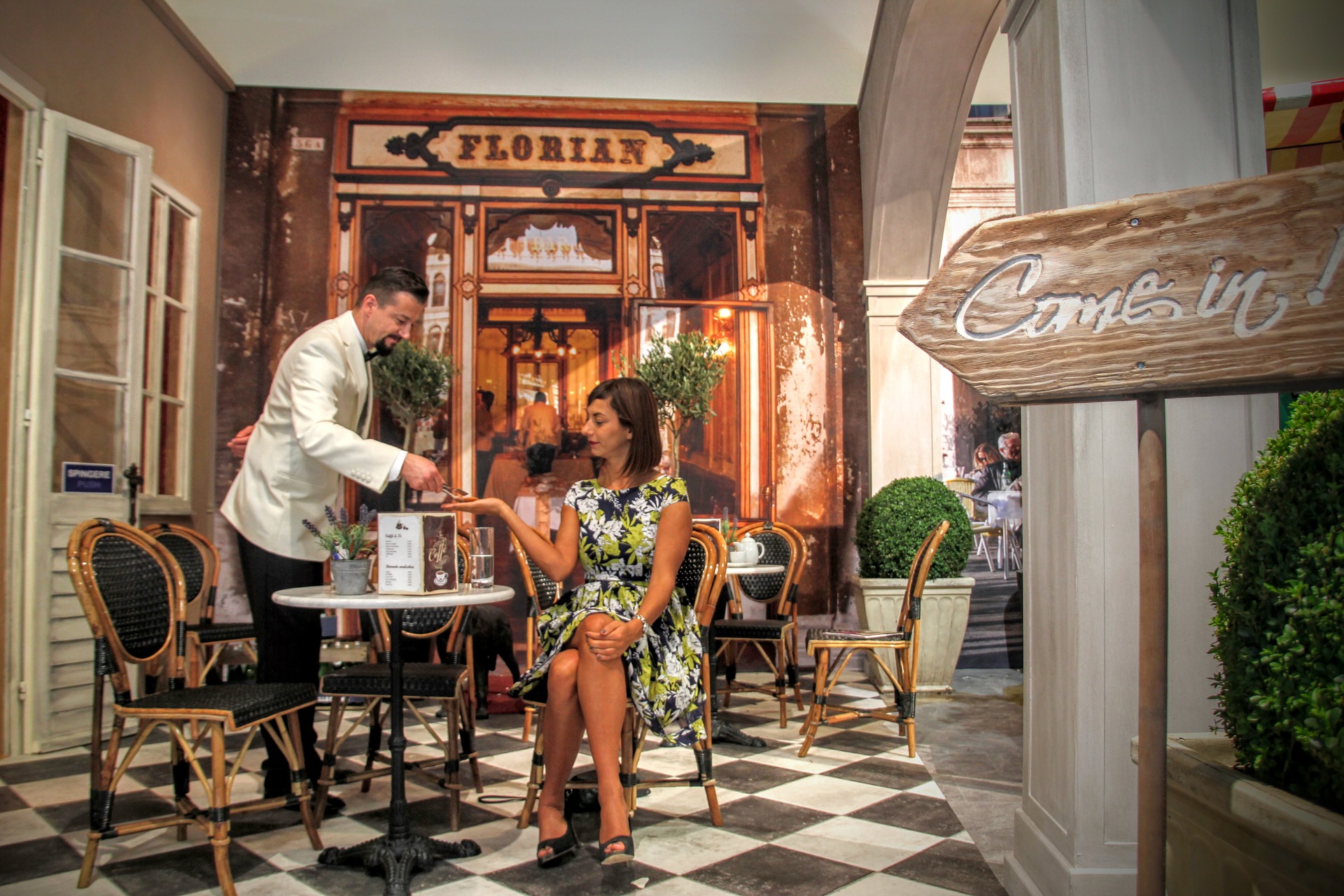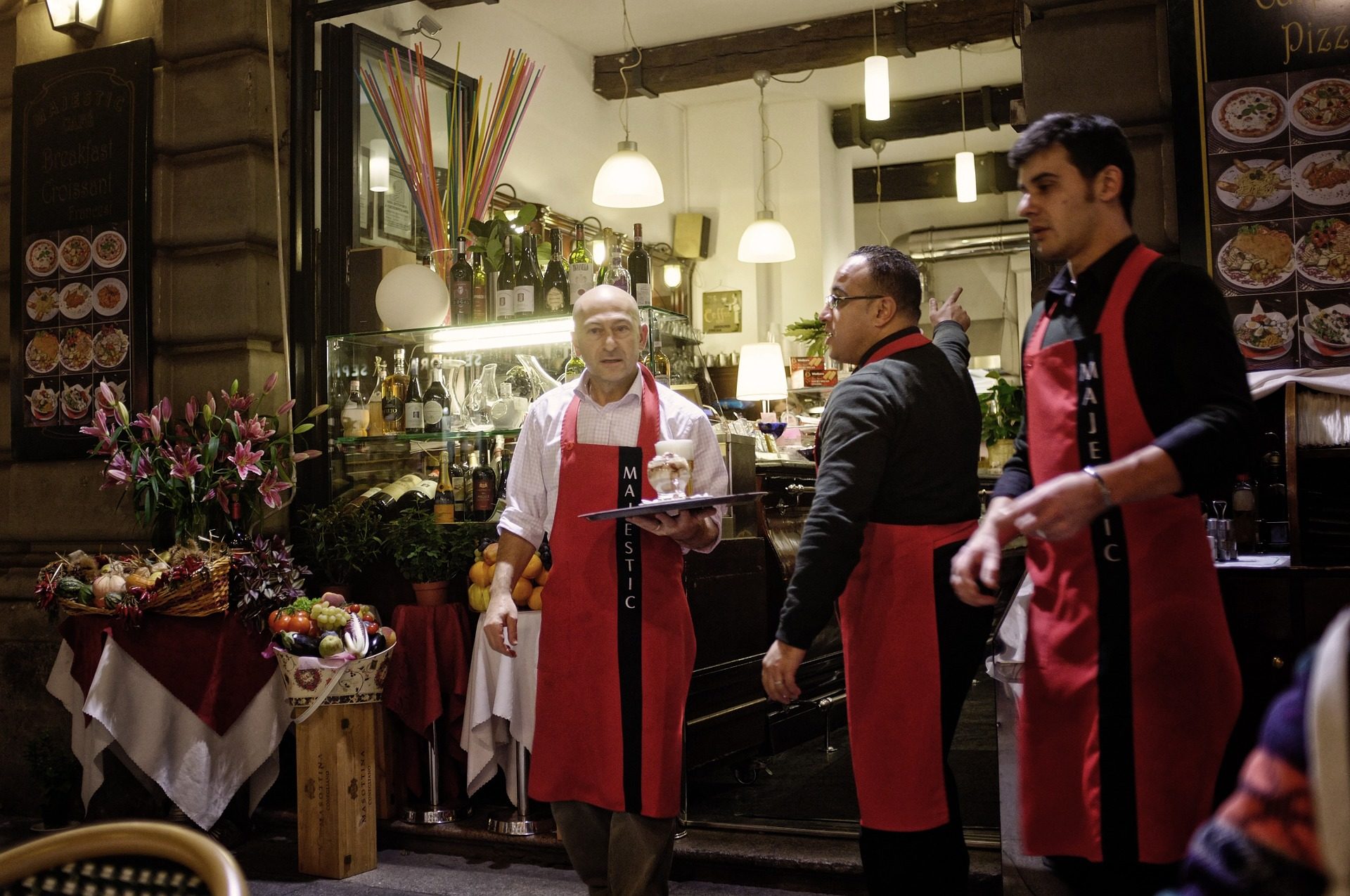
Around eight years ago, I first started my job as a food critic at MetNights Magazine. It was unlike anything else I’ve ever experienced, and honestly, it taught me more about food, nightlife, and business than I ever thought possible. It’s one of the most striking jobs I’ve ever had, not just because of the knowledge, but because of the opinions people want from you.
I quickly learned, for example, that people really do want to know what professionals notice when we hit a venue. I can’t name how many times I’ve been asked for an opinion on a favorite restaurant or the “inside scoop” on a diner that’s generating buzz.
So, I decided it’s time to come clean about what really matters to me as a critic when I go out to eat. Here’s how to see things through this food worker’s eyes, and why it all matters. In this chapter of this multi-article arc, I’m going to explain what ticks off restaurant critics the most.

Acceptance
Believe it or not, there are very few things restaurant critics notice more than the way venue staff members treat their clientele. Nothing is quite as aggravating or infuriating as seeing a fancy restaurant that makes a point of turning away clients just because “they don’t look like they belong there.”
I honestly believe that the best restaurants are the ones that welcome you with open arms, regardless of who you are. Giving great service means you never should feel like you’re being talked down to by the waitstaff, or being excluded based on your appearance.
On one occasion, I went to a Jersey Shore venue that refused to seat me after they realized my non-white work partner wasn’t looking for a job there. The waiter didn’t realize that the restaurant’s PR firm hired me to dispel rumors of racism.
By the time we left, we had three frantic phone calls begging me for a do-over, as well as a text message claiming I “forgot my bottle of Remy” at the bar. I ended up blocking the number and trashing the review.

Knowledge
Regular restaurant-goers don’t really ask waiters about their suggestions or knowledge of the food, and if you ask me, that’s criminal. Waitstaff knowledge about the food, cooking process, and culture is the hallmark of a great restaurant. It shows passion. It can also guide you to a better meal.
If you want to rate a restaurant like a hired critic, quiz the waiters on what pairings would go well with dishes, ask them where food was sourced from, or ask them which dish is their favorite. If they can’t come up with an answer, chances are that the restaurant can’t retain good staff on hand.

Speed
In France, restaurants are places where you’re expected to spend hours over a meal. American dining isn’t like that, and honestly, the pace of life here wouldn’t allow for it in most cases, anyway. So, speed is important.
I generally turn away food that’s brought out after a 45-minute wait. Unless it’s a traditional French restaurant, that amount of time is unacceptable. Most restaurants can work it within a matter of 20 to 30 minutes, sometimes less.
That being said, bringing out a main dish five minutes post-order isn’t a good sign either. This indicates that they may be microwaving your food behind the scenes, or worse, serving you food that’s been cooking for hours.
Etiquette
I’ll be honest, etiquette doesn’t bother me much when I’m reviewing a casual dining establishment. It’s not a place where etiquette really belongs, aside from just not being rude.
However, when you’re dealing with fine dining, I will notice if waiters aren’t serving on the right side or laying out cutlery properly. After all, at these places, you’re paying for the experience and service just as much as the food itself.
My Bottom Line
If you feel like you’re being looked down on by a restaurant, or being served at the waiter’s leisure, you have a problem. Otherwise, you should be good to go. It’s really that simple.